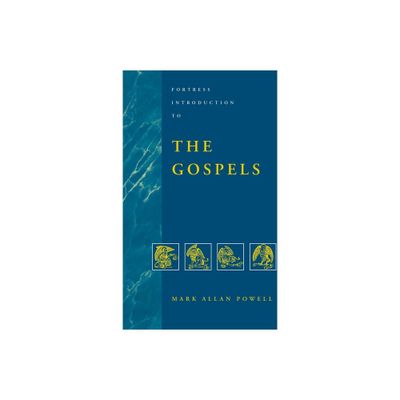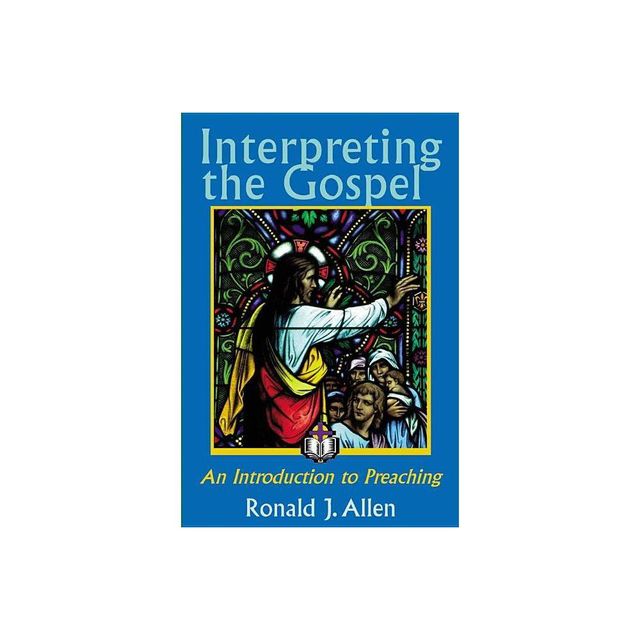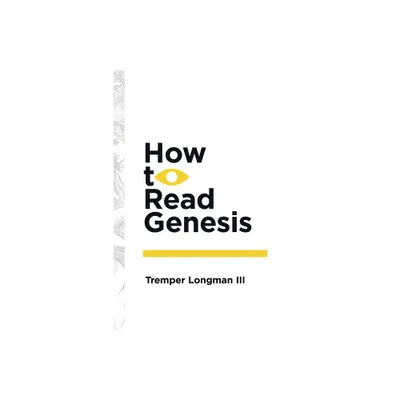Home
How to Read the Gospels: An Introduction
Loading Inventory...
Barnes and Noble
How to Read the Gospels: An Introduction
Current price: $68.00


Barnes and Noble
How to Read the Gospels: An Introduction
Current price: $68.00
Loading Inventory...
Size: Hardcover
*Product Information may vary - to confirm product availability, pricing, and additional information please contact Barnes and Noble
This accessible introduction to the Gospels examines the distinctive messages offered by the texts, giving students a better understanding of methods and interpretations. It explores a close reading of each Gospel and encourages students to approach texts from their own perspectives, from postcolonialism to environmentalism. The discussion questions included will help students focus their reflections on the gospel narrative, its theology, and methods of reading it.
How to Read the Gospels
is an ideal textbook for undergraduate and seminary classrooms.
The book aims to reach seminary and graduate students who study the Gospels critically and comprehensively. It provides user-friendly summaries such as the basics of each Gospel—authorship, history, important parables, etc. —the Jesus of each Gospel, and notable interpretation and translation issues. Without reading the entire story, readers often focus on only specific passages. This book aims to foster
close
reading of each entire text, sensitizing students to historical and literary issues that commonly arise—and helping them better understand various ways to interpret these formative stories.
What makes this book unique is that it also engages various readings of the Gospels from traditional to deconstruction approaches, including womanist interpretation, disability interpretation, ecological interpretation, and many more. For example, how can readers understand the story of Jesus’ surprising conversation with the Samaritan woman in John 4 through the lens of feminism? Or postcolonial criticism? By providing alternative ways to think about these stories and various methods of approaching texts that may be new to the student, the book opens up how such passages can be interpreted and appreciated.
How to Read the Gospels
is an ideal textbook for undergraduate and seminary classrooms.
The book aims to reach seminary and graduate students who study the Gospels critically and comprehensively. It provides user-friendly summaries such as the basics of each Gospel—authorship, history, important parables, etc. —the Jesus of each Gospel, and notable interpretation and translation issues. Without reading the entire story, readers often focus on only specific passages. This book aims to foster
close
reading of each entire text, sensitizing students to historical and literary issues that commonly arise—and helping them better understand various ways to interpret these formative stories.
What makes this book unique is that it also engages various readings of the Gospels from traditional to deconstruction approaches, including womanist interpretation, disability interpretation, ecological interpretation, and many more. For example, how can readers understand the story of Jesus’ surprising conversation with the Samaritan woman in John 4 through the lens of feminism? Or postcolonial criticism? By providing alternative ways to think about these stories and various methods of approaching texts that may be new to the student, the book opens up how such passages can be interpreted and appreciated.


















